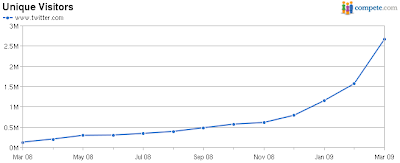The current market leader is still Microsoft’s Internet Explorer, but it has been losing share to its chief rival Firefox. These days all browsers are free for the downloading, but do we need another one? How often have you awoken in the middle of the night, worried that your browser may be suboptimal? Google seems to think so and last year launched its Chrome browser.
Google’s marketing support for Chrome has consisted primarily of quirky short videos on a channel of its popular YouTube portal. Google has extended its advertising to independent properties such as LinkedIn and plans to run ads on TV (via its own AdWords system, of course).
These ads, which can resemble mini film festivals, finesse the venerable debate about features versus benefits by ignoring both. This is a campaign targeting early adapters. The message is neither emotional nor rational but, simply tries to associate coolness with the product. These short bursts of creativity evoke the feeling of an independent film competition. If viewers already understand and care about browser issues they may get it; if not it’s interesting eye candy. This if fine if appealing to a niche, but browsers are mass market products.

To date, Chrome remains a footnote. According to data compiled by Statcounter Chrome has a market share of about 1.5%. Like many Google products, it may be forever in Beta (never formally released). The game is still early and there is no shortage of budding filmmakers with edgy ideas.
Advances in computer browsers may be secondary to the main browser war - on the phone - where most of the world will be getting its Internet. Google also has an offering here - the Android browser.
Android’s YouTube promotion is classic technology messaging - watch my benefits or sometimes features or sometimes the engineers who develop Android. Nothing artsy here. This is a market strategically important to Google.
Do you need a new computer browser? Tough to tell based on Google’s marketing, but you might find Chrome’s half minute spot diverting.


